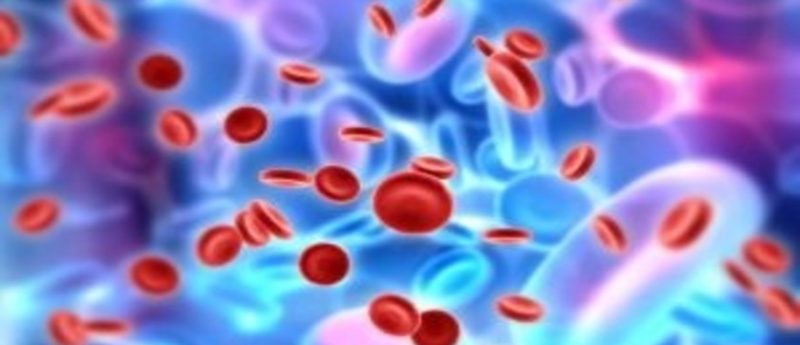Investigation highlights superiority of PET-CT for predicting response and survival in follicular lymphoma

Research recently published in The Lancet Haematology presents evidence that positron emission tomography/computed tomography (PET-CT) is able to more accurately measure responses to therapy and predict patient survival in individuals with follicular lymphoma, when compared with conventional CT imaging.
The authors of the study predict that this greater accuracy may lead to PET-CT replacing CT as the gold standard for evaluating these patients after therapy.
“Our findings have important implications for patients with follicular lymphoma, a common and usually slow-growing lymphoma. Compared to conventional CT scanning, PET-CT is more accurate in mapping-out the lymphoma, and better identifies the majority of patients who have a prolonged remission after treatment,” explained study leader Judith Trotman of the University of Sydney, (Australia).
Although most follicular lymphoma patients respond well to initial immunochemotherapy treatment, disease relapse is common. Currently, CT imaging is employed to monitor how patients with the disease respond to therapy, yet CT cannot be used to distinguish individuals who are at a high risk of relapse from those who are likely to remain in prolonged remission.
The tracer utilized in PET-CT scanning, termed 18F-fluorodeoxyglucose, concentrates in areas of lymphoma activity and thus lights up areas of disease. If therapy is effective, these areas will cease to appear on a PET-CT scan and this can be defined as a PET-negative remission.
Trotman and colleagues utilized imaging performed during three clinical trials in order to examine the associations between PET-CT status and survival following first-line immunochemotherapy for advanced follicular lymphoma. Independent reviewers also assessed images from 246 patients who underwent both PET-CT and conventional CT within 3 months of their last dose of therapy.
Their analysis suggested that PET-CT was able to accurately identify those individuals with an unfavorable prognosis who required close monitoring. PET-CT also identified that the 83% of patients who achieved PET-negativity had a reassuringly favorable prognosis, with average remission duration exceeding 6 years.
“Our study shows that PET-CT is much better in evaluating treatment response and is an early predictor of survival. This greater accuracy will assist physicians to more effectively monitor their patients. We expect this research will result in PET-CT imaging replacing CT, becoming the new gold standard to evaluate patients with follicular lymphoma after treatment. Importantly, it will be a platform for future studies of response-adapted therapies aimed to improve the poor outcomes for those patients who remain PET positive,” Trotman commented.



